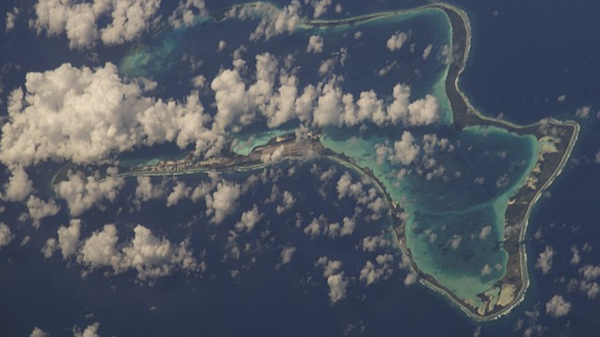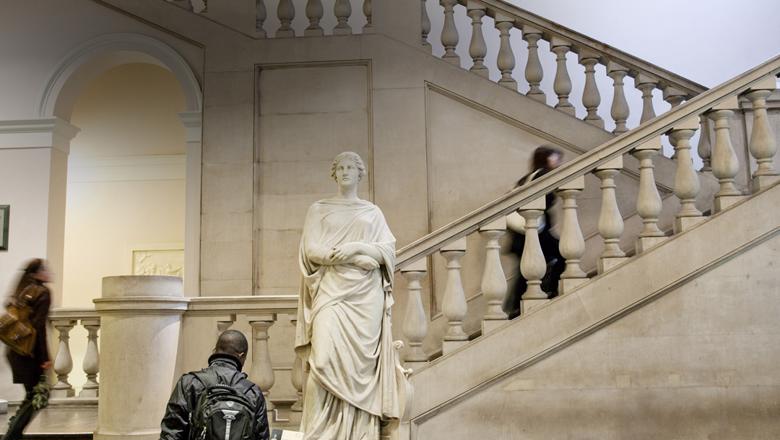Amaaya Nath on how and why India is now classified as a “partly free” country by Freedom House.
I have always prided myself on living in the world’s largest democracy. I believed that given all its problems, within India our democratic functions would be enough to ensure that the will of the people is heard and that a comprehensive set of rights were enshrined in our constitution. Indian culture is one where the triumph of good against evil is emphasised- so deep down I guess I always thought that we would emerge from the rule of Modi unscathed as a nation. However, this year’s Freedom House Index has classified India as only a “partly free†country, excluding Kashmir which is not free. India’s civil liberties score has been declining since 2014, yet Modi still has a strong base of supporters.
The response that this news has been met with among Indian’s is that Freedom house is just another western, elite organisation looking down on the east due to its limited knowledge. So it is a worthwhile question to ask what Freedom House is and what this index measures. Freedom House measures the quality of democracy in every country in terms of political rights (40% weighting) and civil liberties (60% weighting).​ The political rights category is divided into subcategories for the electoral process, political pluralism and participation, and the functioning of government. The civil liberties category is divided into subcategories for freedom of expression and belief, associational and organisational rights, rule of law, and personal autonomy and individual rights.​ Collectively, these elements produce an aggregate score of 0  (lowest) to 100 (highest), which determines whether a country is “not free”, “partly free”, or “free”. This means that the index reflects a wide range of accepted indicators of what liberal democracy is. Given that in modern times, democratic backsliding doesn’t occur through “blatant forms†like coups and violence but rather through vexing forms that comes through small institutional change, this index is effective in understanding the institutional change regressing a democracy.
Given its robust methodology receiving a score of 67 is significant for a country that prides itself on its democratic functionality. While this is hard-hitting it is not surprising. Freedom house itself called this drop in India’s score a fall from the “Upper ranks of free nationsâ€.
Modi’s party, the Bhartiya Janta Party, is a Hindu Nationalist party which means that while freedom of religion is enshrined within India’s constitution in practice the promotion of anti-muslim views is common. This is Because the BJP has used the Muslim community as scapegoats for the problems of the nation, including the spread of Coronavirus. This was following the Citizenship Amendment Act (CAA) which was introduced in 2019 and would see a national registry of citizens (NRC). The Act could, in certain circumstances, make it more difficult for Muslims to gain Indian citizenship, and even lead to their unnecessary classification as illegal immigrants. The office of the United Nations High commissioner for Human rights called this “fundamentally discriminatoryâ€. The act caused widespread protests that lead to 47 predominately Muslim deaths. The use of this force shows that the government is fundamentally intolerant. With Modi as the leader of our nation, he has perpetuated negative views of the Muslim community.
This has been complemented by the implementation of stringent restrictions on freedom of speech. Where journalists and academics are threatened to not openly discuss topics deemed sensitive to the government. Earlier this month a 21-year-old climate activist, Disha Ravi, was arrested for sharing a Google toolkit that was shared by Greta Thunberg in relation to the Indian farmers protest.
Despite these obvious blows to the foundations of democracy the raging support for Modi from the Indian population and other populist world leaders like Trump has been shocking. This is partly because these issues seem to affect mostly Muslim minorities and the raging progressives that threaten the government so a majority of people can ignore it. But this is a slippery slope we stand on. Earlier this year India saw the farmers protest – a group that forms the backbone of our agrarian economy – yet the government opposed them. If we continue to ignore this backsliding, the accumulated power of Modi’s government will be used against us. Sooner or later this tide will turn on us.
I am now scared for the future of our country and our democracy as we continue through Modi’s second term in office.














